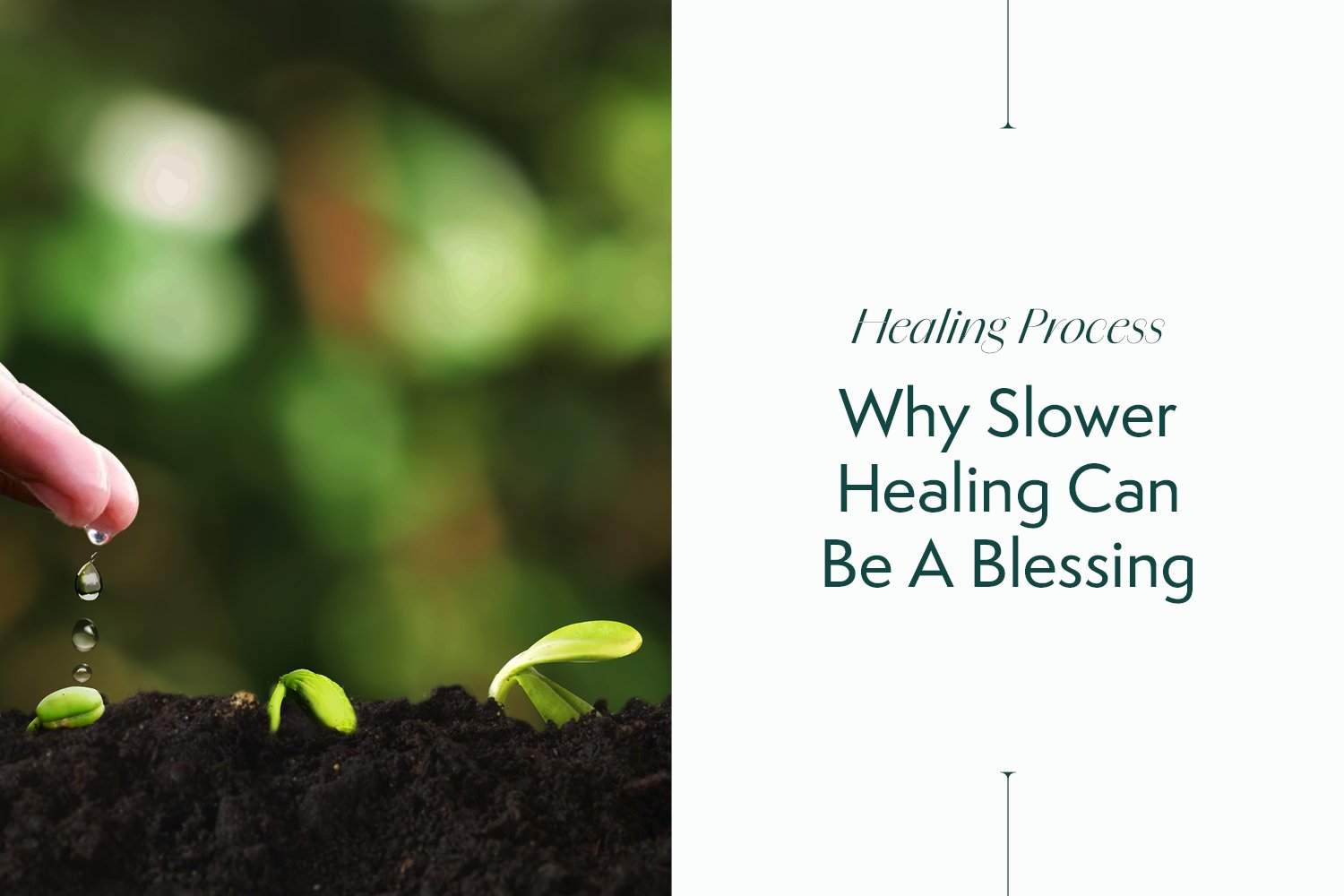Recovery doesn’t always follow a straight path. Taking your time and respecting your body’s natural pace can often lead to more stable, long-term improvement.
The Risks of Rushing Recovery
Modern life can create pressure to recover quickly, but pushing yourself too soon may lead to setbacks. Trying to rush the process can result in:
- Re-injury: Straining the same area before it’s ready can increase the risk of further damage.
- Persistent discomfort: Healing tissues need time to settle, and overexertion can prolong pain.
- Inflammation: Overactivity may interfere with tissue repair, slowing recovery.
- Emotional frustration: Frequent setbacks can lead to worry, doubt, or a low mood.
By allowing yourself time to heal gradually, you can reduce these risks and support a more sustainable recovery.
Trusting the Body’s Natural Pace
Healing looks different for everyone. Factors like general health, age, and the nature of the injury all influence the speed of recovery.
Trying to force progress too quickly may interrupt natural repair processes, making recovery more difficult. Paying attention to how your body responds helps you understand what level of activity is manageable without causing setbacks.
Working With Your Recovery Rhythm
Instead of pushing against your limits, try working with your body’s signals.
- Notice how you feel: Mild discomfort, fatigue, or tension may be signs to ease off.
- Adjust your routine: Vary your activity levels and make space for rest where needed.
- Seek support: A chiropractor or qualified practitioner can guide you toward safe, effective recovery.
- Look after the basics: Good nutrition, quality sleep, and stress management all contribute to healing.
These small adjustments can help you stay consistent without adding unnecessary strain.
Patience as a Supportive Tool
It’s easy to become discouraged if recovery feels slow. However, learning to be patient with your body is often one of the most helpful things you can do for yourself.
- Focus on what you can do now rather than worrying about what hasn’t happened yet.
- Notice small steps forward. A minor improvement in comfort or strength is still progress.
- Find moments of gratitude. Even in difficult moments, try to find one or two things you feel grateful for. This can shift your mindset and help maintain motivation.
- Keep your motivation clear. Reminding yourself why you’re making these efforts, such as returning to work, hobbies, or feeling more at ease, can offer focus during slower phases.
A gradual approach to recovery can help reduce setbacks and support long-term improvement. By working with your body rather than against it, you may find greater comfort and confidence as each day progresses.
